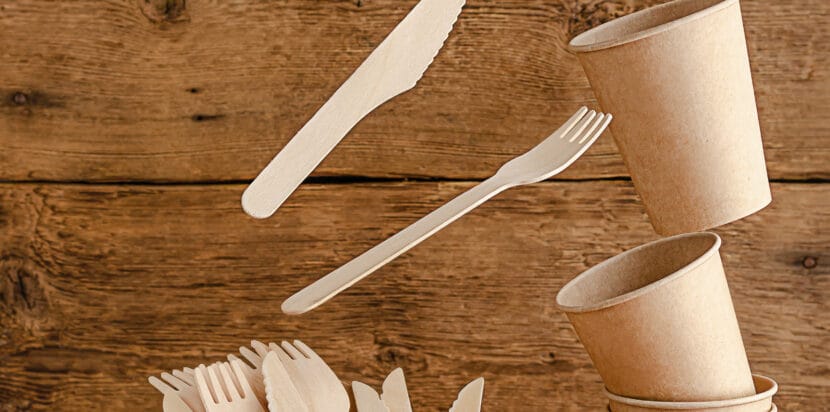In an era where environmental consciousness is at its peak, businesses and consumers are actively seeking sustainable alternatives to traditional plastic products. One such eco-friendly innovation is bagasse products, a biodegradable and compostable solution derived from sugarcane fiber. With their growing popularity, bagasse-based packaging and tableware are paving the way for a cleaner, greener future.
What is Bagasse?
Bagasse is the fibrous residue left after extracting juice from sugarcane. Instead of discarding this byproduct, it is repurposed to create durable, lightweight, and compostable products, making it an excellent alternative to plastic and Styrofoam.
Why Choose Bagasse Products?
- Eco-Friendly & Biodegradable
Unlike plastic, which takes centuries to decompose, bagasse products break down naturally within 90-180 days, leaving no harmful residues. - Strong & Heat-Resistant
Bagasse is highly durable and can withstand hot and cold temperatures, making it ideal for food packaging and tableware. - Water & Oil Resistant
Unlike traditional paper products, bagasse containers have natural resistance to grease and moisture, making them perfect for food storage. - Renewable & Sustainable
Since bagasse is a byproduct of sugarcane processing, using it reduces agricultural waste and promotes a circular economy.
Applications of Bagasse Products
Bagasse is versatile and is commonly used to manufacture:
- Disposable Tableware – Plates, bowls, trays, and cutlery.
- Food Packaging – Takeaway containers, burger boxes, and meal trays.
- Cup Carriers & Lids – Sustainable alternatives to plastic lids and cup holders.
- Industrial Packaging – Protective packaging for electronic and delicate items.
The Growing Global Demand
With strict regulations on single-use plastics in many countries, businesses are shifting towards sustainable alternatives. Bagasse products are in high demand across regions such as the USA, Europe, UAE, and Australia, where eco-conscious policies are actively being enforced.
